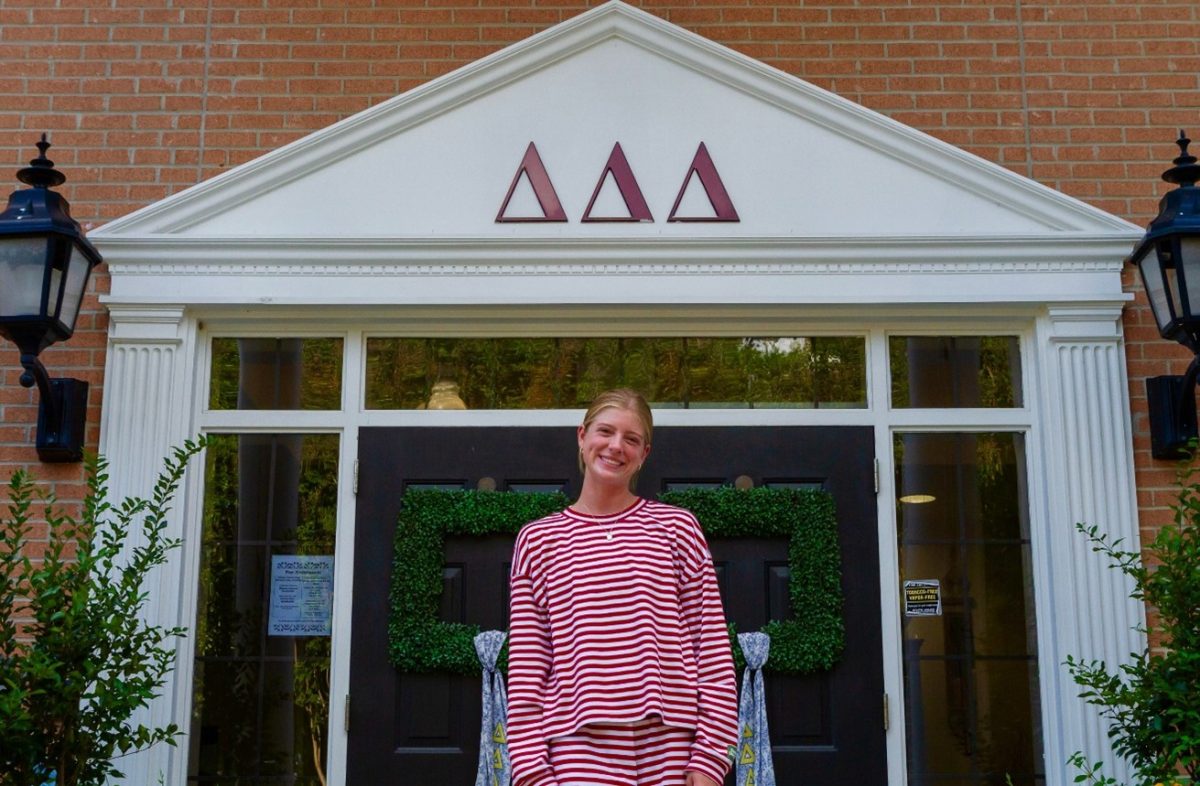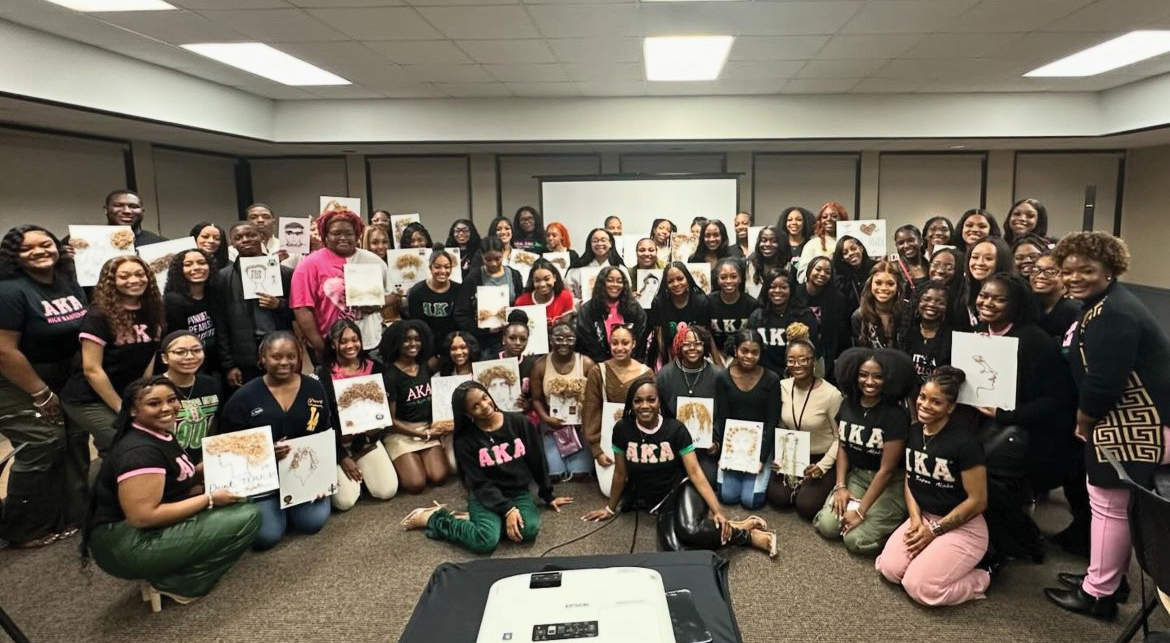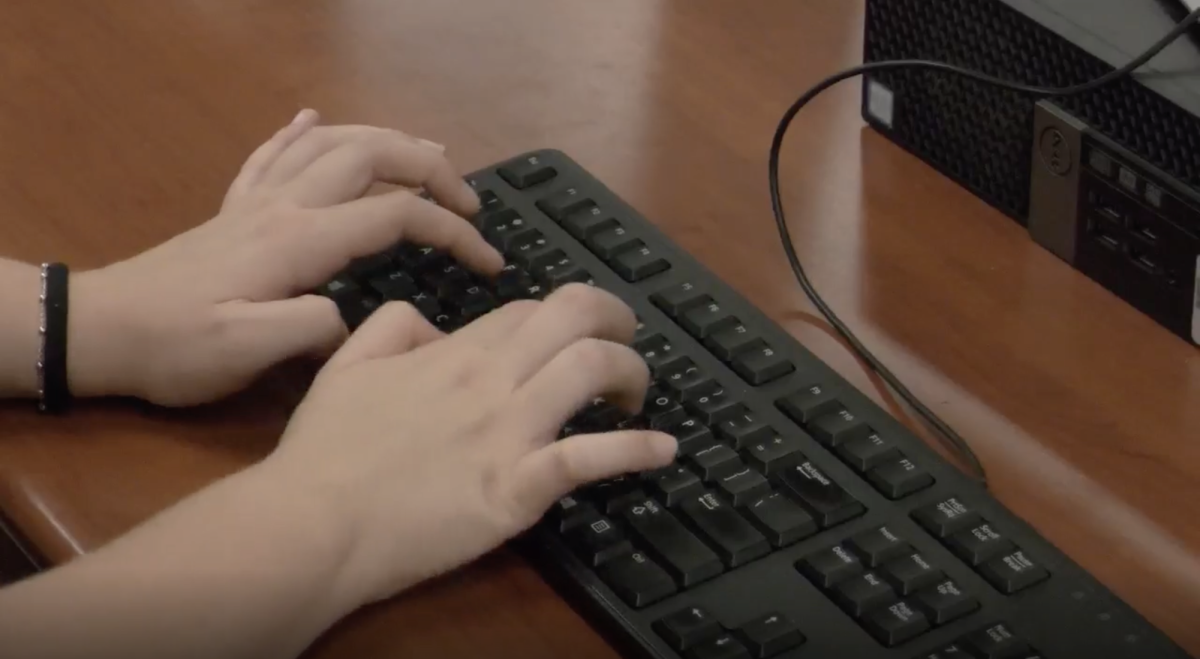Wesleyan University’s Delta Kappa Epsilon fraternity members and alumni have filed a discrimination lawsuit against the school over a decision that will require all residential fraternities to become co-ed within three years.
According to an article in USA Today, the university announced the policy following allegations of sexual assault and other publicized issues last September.
A spokesperson for the fraternity’s alumni chapter has referred to the school’s decision as “political correctness gone wrong” – a statement that many members of the Greek community at The University of Southern Mississippi agree with.
“Forcing a historically male fraternity to integrate with females destroys not only the traditions of the order but also its ability to produce the kind of environment that is conducive to brotherhood,” said Tanner Shaw, president of USM’s Kappa Sigma fraternity.
“The lasting friendships that we make as a result of our involvement in Greek Life are largely the result of our ability to live exclusively with our brothers. Taking that away would weaken the system and defeat one of its most important purposes for existing.“
Kappa Sigma’s academic chair Phil LeMere also expressed his opposition toward the Wesleyan decision by saying that the error essentially lies in the way the university is simply forcing an integration.
“While I can see where the school is coming from with their policy, forcing such a drastic change in the dynamic of Greek Life is wrong,” LeMere said.
“Should the chapter be given the option to adopt the policy in a mutual effort to lower the incidents in question, then it would be okay.”
The common opposition is not only an opinion shared by USM fraternity members, but by sorority members as well.
Sophomore Chi Omega member Chloe Webb said that, like fraternities, adopting a co-ed policy would ultimately cause the entire point of being involved in Greek Life to lose its significance.
“Our sorority was actually founded by a fraternity member so that women can experience the same special bonds with each other that fraternity members had,” Webb said.
Both Shaw and Webb agreed that there are other reasonable alternatives to this situation.
“I don’t believe that making the houses co-ed will have any positive effect on the number of issues having to do with sexual misconduct.” Shaw said.
“It is my belief that bringing back the tradition of having ‘house mothers’ or ‘house fathers’ would have a much more successful impact.”
Webb also agreed that an overall increase in supervision would constitute more of a positive result.
“An increase in supervision from both supervisors and alums would, in a way, hold each member more accountable,” Webb explained.
“This would be far more effective than making the chapters co-ed, which is a bit counter-intuitive in itself.”


































